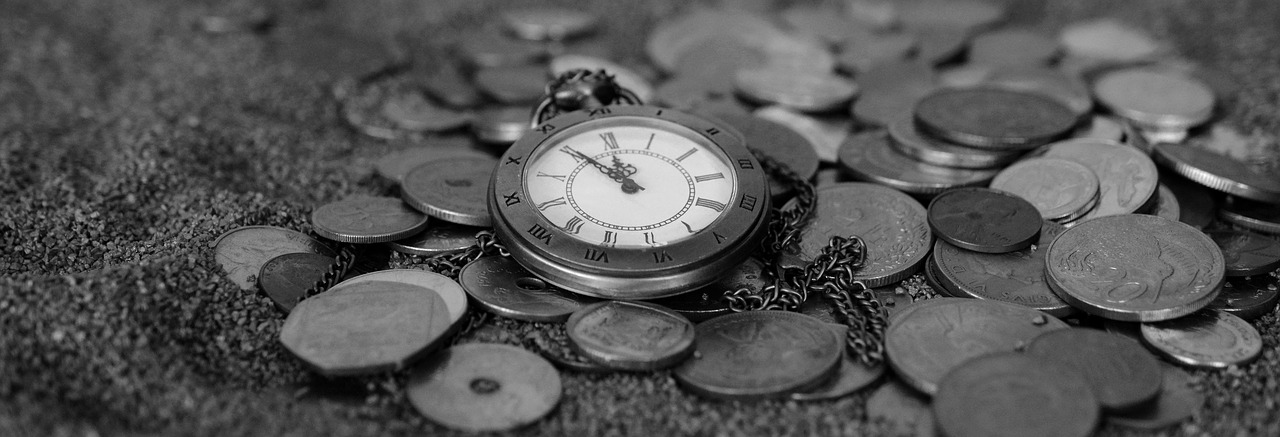One of the most important decision making measurements is opportunity cost. Whether you realize it or not, you are probably weighing the opportunity cost of doing something throughout each day. The opportunity cost of a decision is the value of the next best alternative.
What Is Opportunity Cost?
Opportunity costs are simply forgone benefits. Viewing decisions on an opportunity cost basis is one of the crucial steps for investing and making optimal life or business choices. It is asking yourself “what will my decision cost me?”
Everything you do has a cost. Absolutely nothing is free. The cost of doing nothing is not doing something. Conversely, the cost of doing something is not doing something else, including nothing.
Head spinning yet?
Opportunity Cost in Action
Let’s say you run a plumbing business and you are trying to decide between two different fixes for one of your clients. He’s having trouble with his shower not draining properly. You can replace his bathroom’s pipes for $500 profit, or you can pour some drain cleaner down his current ones for $25 profit. You decide to replace his pipes for $500, meaning your opportunity cost is the $25 that you would have earned for pouring drain cleaner instead.
Opportunity cost works the other way as well. If you decided to pour the drain cleaner for $25 instead, your new opportunity cost would be the $500 that you would have made by replacing his pipes.
The true opportunity cost goes a little further than that, however. In our same example, to change your client’s pipes would take 12 hours of your time while simply pouring drain cleaner would take 15 minutes. Knowing this, changing the pipes has an opportunity cost of the 12 hours that you could spend doing something else, like pouring drain cleaner 48 times instead.
In other words, efficiency matters in determining opportunity cost.
Price vs. Cost
Many people get caught up on the price rather than the actual cost of what it is they are doing or buying. Price, at its core, is mostly arbitrary. Focusing on price is a trap. “Oh, look, this Starbucks coffee is on sale for only $3. That’s cheap.” That may be cheap for Starbucks coffee, but what is the real cost of your purchase?
Not only did you spend 10 minutes in the store to buy the cup of coffee in the first place, which could have been spent doing anything else, your $3 could have done a lot of different things that it no longer can be used for.
Those $3 could have been used to buy a slightly nicer lunch for later in the day. They could have been used to cover some of your weekly bus fares or tolls. They could have been used to pay a portion of your monthly utility bills. They could have been used to contribute to your annual vacation fund. And those $3 could have been invested and compounded over 30 years to give you $25. That could have given your future self many more coffees than your current self.
If, and only if, your instant gratification from the coffee purchase is worth more than the anguish of forgoing those other benefits, then you should make the purchase. If not, then you should go do something else with your life.
The important distinguishment here is not that you should be afraid of buying anything in order to appease the ghost of your future self. Instead, you must weigh whether or not the cost of doing something is worth missing out on your next best alternative. It may require more careful thinking than you might have realized.
Conclusion
The opportunity cost of reading this article was a couple minutes of your time. That time could have been spent reading some other lowly blog. Or maybe you could have spent that same time reading one of my articles about real estate investing. But you chose this one because you were interested in understanding the concept of opportunity cost more so than whatever the other blogs were talking about. Or maybe you were sympathetic to my cause and wanted to help me feel better about myself by reading the whole article.
Whether you thought this article was worth it or not will influence your future decisions for the better. If you liked it, you might read about the time value of money or other financial concepts to equip yourself for success. If you didn’t like it, you know to leave and try to find a better payoff somewhere else.
Whatever floats your boat, just make sure it floats optimally.


